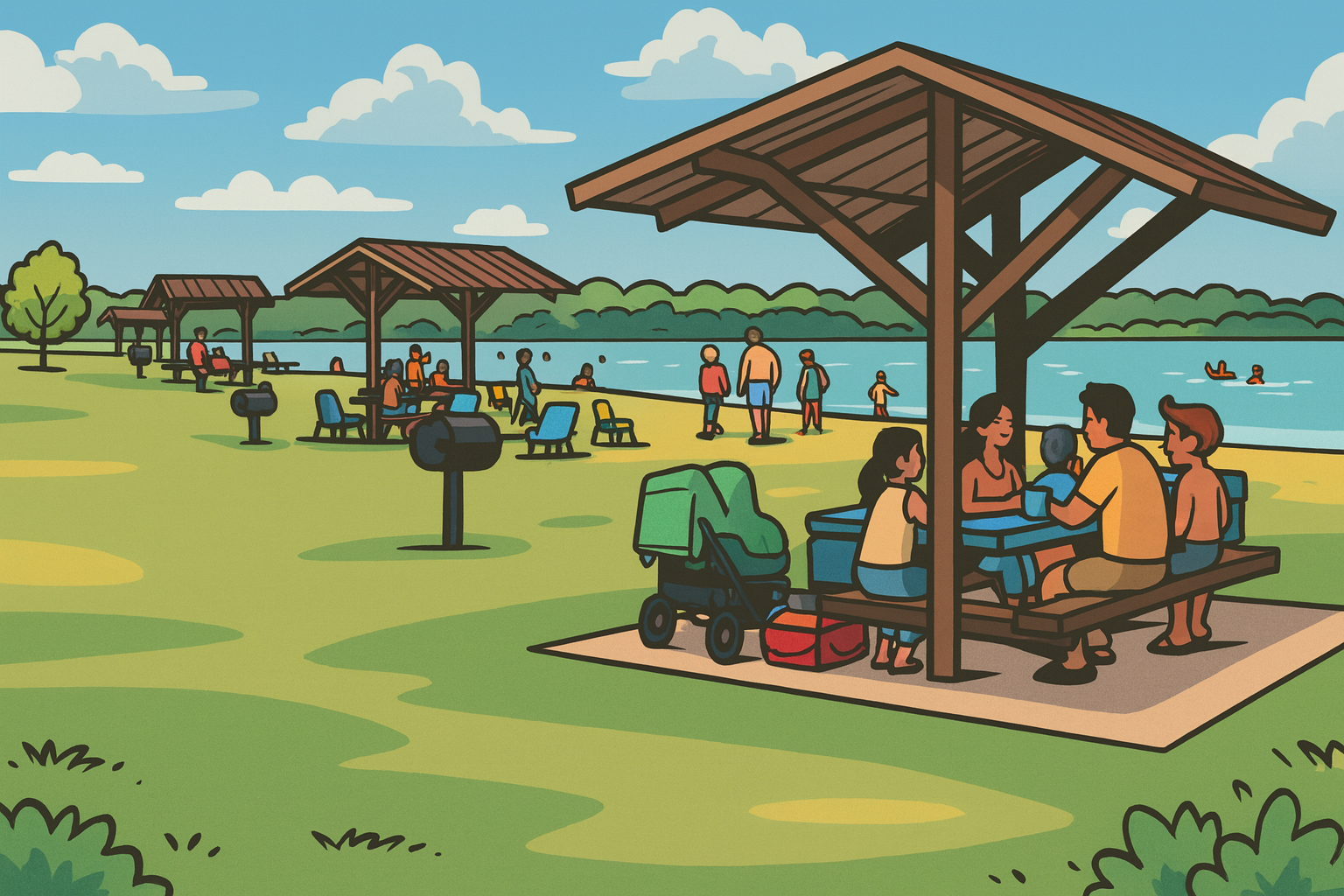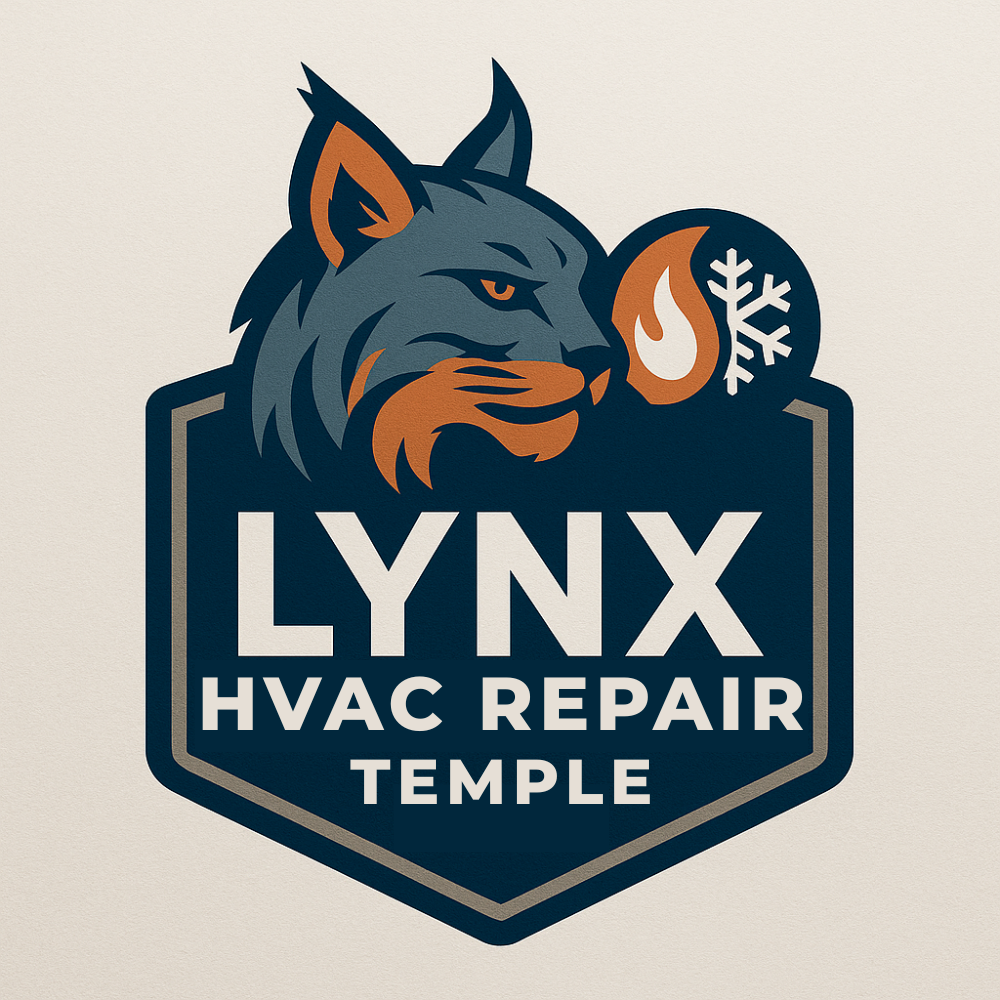AC Not Blowing in One Room: Quick Solutions for Temple Homeowners
Living in Temple, TX means relying on your air conditioning system for comfort during our scorching summers. When your AC stops blowing air in one specific room while working fine everywhere else, it creates an uncomfortable and frustrating situation for you and your family.
A room receiving weak or no airflow often stems from blocked vents, dirty air filters, duct leaks, or problems with the damper system - issues that can typically be identified and fixed quickly by a qualified HVAC technician. These common problems affect many homeowners in Central Texas, where air conditioning systems work overtime to combat our intense heat.
The good news is that uneven cooling doesn't always signal a major system failure. Simple maintenance steps and professional inspections can restore balanced airflow throughout your home, ensuring every room stays consistently cool and comfortable during those hot Texas days.
Key Takeaways
- Blocked vents and dirty filters often cause single-room cooling problems
- Regular maintenance prevents most uneven cooling issues
- Professional HVAC inspection ensures optimal system performance
Common Causes Of AC Not Blowing In One Room
When a single room isn't getting proper airflow from your air conditioner, specific issues are typically responsible. These problems range from simple fixes you can handle yourself to more complex issues requiring professional HVAC service.
Blocked Or Closed Vents And Ducts
Air vents blocked by furniture, curtains, or rugs prevent proper airflow into rooms. Moving items at least 12 inches away from vents allows air to circulate freely.
Closed or partially closed vents restrict airflow unnecessarily. Check that all vents in the affected room are fully open and unobstructed.
Damaged or disconnected ductwork behind walls can redirect air to other areas of your home. Signs include rattling sounds in the walls or visible gaps in exposed ductwork.
Common ductwork problems:
- Crushed flexible ducts
- Separated duct joints
- Holes from pest damage
- Collapsed sections
Dirty Or Clogged Air Filters
A clogged air filter creates significant airflow resistance that affects your entire HVAC system. The reduced airflow often impacts some rooms more than others.
The air filter should be checked monthly and replaced every 60-90 days. High-traffic homes with pets may need more frequent changes.
Signs of a dirty filter:
- Visible dust and debris
- Gray or brown coloring
- Bent or damaged pleats
- Reduced airflow at vents
Thermostat Issues And Settings
Smart thermostats and zoned systems can malfunction, leading to temperature inconsistencies. Verify your thermostat is properly configured for the affected room.
Check thermostat placement - units exposed to direct sunlight or drafts may read temperatures incorrectly. The ideal location is on an interior wall away from windows and doors.
Calibration problems can cause the thermostat to misread temperatures. Professional recalibration may be needed if readings are consistently off.
Low Refrigerant Or Refrigerant Leaks
Low refrigerant levels reduce your air conditioner's cooling capacity. Rooms furthest from the AC unit often feel warmer first.
Signs of refrigerant leaks include:
- Ice formation on cooling coils
- Hissing sounds near AC lines
- Higher electric bills
- Warm air from vents
Important: Refrigerant issues require professional repair. Only licensed HVAC technicians can legally handle refrigerant systems.

Diagnosing The Specific Issue In Your Temple, TX Home
When your AC stops cooling a specific room in your Temple home, pinpointing the exact cause requires a systematic approach. The solution often lies in examining three key areas: airflow restrictions, thermostat functionality, and maintenance-related issues.
Checking Airflow And Vents
Start by examining all vents in the affected room. Place your hand near each vent to gauge air pressure - it should feel like a strong, steady stream.
Check that furniture, curtains, or other objects aren't blocking the vents. Even partial blockages can significantly reduce cooling efficiency.
Common Airflow Issues:
- Closed or partially closed dampers
- Disconnected or damaged ductwork
- Debris buildup in vents
- Improperly sized ducts for the room
Test the air pressure at other vents throughout your home. If all vents have weak airflow, this indicates a larger system issue requiring professional inspection.
Inspecting Thermostat Function
Verify your thermostat displays the correct temperature reading. Place a separate thermometer near the thermostat to compare readings.
Quick Thermostat Checks:
- Battery level
- Screen display clarity
- Proper mode selection (COOL)
- Fan setting (AUTO vs ON)
Test zone control settings if you have a zoned system. Each zone should respond independently when adjustments are made.
Replace old batteries even if they're not completely dead - weak batteries can cause erratic temperature readings.
Detecting Dirty Filters Or Ice Build-Up
Inspect your air filter monthly during peak cooling season. A clogged filter restricts airflow and can cause uneven cooling throughout your home.
Look for ice formation on visible AC components. Ice indicates restricted airflow or low refrigerant levels.
Warning Signs of Filter Issues:
- Visible dust accumulation
- Gray or black coloring
- Bent or damaged filter material
- Musty odors from vents
Change filters every 60-90 days, or monthly if you have pets or allergies. Mark replacement dates on your calendar to maintain consistent maintenance.
Professional Solutions And When To Call An HVAC Expert
Complex AC issues often require specialized tools and expertise that only trained professionals possess. Professional repairs ensure safety and prevent costly damage to your system.
Addressing Refrigerant And Compressor Problems
A faulty compressor or refrigerant leak needs immediate professional attention. These components are critical to your AC's operation and can cause system-wide failures if not properly repaired.
HVAC technicians use specialized diagnostic equipment to detect refrigerant leaks and assess compressor performance. They can safely handle refrigerant according to EPA regulations.
Warning Signs to Call a Pro:
- Hissing sounds near refrigerant lines
- Ice buildup on coils
- Weak airflow from vents
- Unusual compressor noises
Resolving Electrical And Mechanical Issues
Electrical problems in AC systems pose serious safety risks and require professional diagnosis. Licensed HVAC technicians have the tools to test circuits and replace damaged components safely.
Common Electrical Issues:
- Burnt wiring
- Failed capacitors
- Malfunctioning thermostats
- Motor problems
Professional HVAC technicians can diagnose issues using multimeters and other specialized testing equipment. They ensure all repairs meet local electrical codes.
Licensed professionals also handle mechanical repairs like fan motor replacements and duct modifications that affect single-room cooling problems.
Preventive Maintenance To Keep Your AC Working Efficiently
Regular maintenance helps prevent unexpected breakdowns and ensures your AC system operates at peak performance year-round. Simple steps and smart upgrades can significantly reduce energy costs while extending equipment life.
Regular Filter Replacement
Clean filters are crucial for maintaining proper airflow through your AC system. Replace standard filters every 30-60 days, depending on household factors like pets or dust levels.
A clogged filter forces your system to work harder, increasing energy consumption and strain on components. Choose high-quality filters with appropriate MERV ratings for your system specifications.
Set calendar reminders to check filters monthly. Look for visible dirt accumulation or reduced airflow as signs it's time for replacement.
Pro tip: Keep spare filters on hand so you can replace them immediately when needed.
Scheduling Preventative Inspections
Professional HVAC inspections twice yearly help catch minor issues before they become major problems. Schedule the first check in early spring before peak cooling season begins.
Technicians will:
- Clean condenser and evaporator coils
- Check refrigerant levels
- Test electrical connections
- Calibrate thermostat settings
- Inspect ductwork for leaks
Early detection of problems like refrigerant leaks or worn components saves money on repairs and prevents system failure during extreme weather.
Upgrading To Smart Thermostats
Smart thermostats optimize AC performance through advanced temperature control and scheduling. These devices learn your preferences and adjust settings automatically.
Key benefits include:
- Remote temperature control via smartphone apps
- Usage reports to track energy consumption
- Maintenance alerts for filter changes and service
- Automated scheduling to reduce cooling costs
Many smart thermostats pay for themselves within two years through reduced energy bills. Choose models compatible with your existing HVAC system and home automation setup.
You might also like




